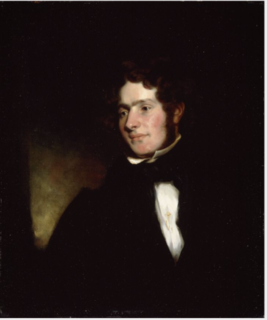A Quote by Samuel Lover
There was a place in childhood that I remember well, And there a voice of sweetest tone bright fairy tales did tell.
Related Quotes
I did translations of Grimms' Fairy Tales and became very charmed about that way of looking at things. Fairy tales tell a lot of truths. Just as a side point, for instance, we always think the bad guys in fairy tales are the stepmothers, who are witches. But where are the fathers when the witches are killing and mishandling their children? Away. They are on a business trip. They are hunting, they are away. Wow, you know! No one says the fathers are the bad guys! It's one of the things you don't say. But my goodness, where are they?
I have been writing fairy tales for as long as I can remember. Not much has changed in terms of my natural attraction to the narrative techniques of fairy tales. My appreciation of them in the traditional stories has deepened, especially of flat and unadorned language, intuitive logic, abstraction, and everyday magic.
[Fairy tales] are like a journey to the woods and the many ways you can get lost. Some people say it's not a good idea to read fairy tales to anyone under the age of eight because they are brutal and raw. When I was a kid I often felt that kids's books were speaking down to me, but I never felt that way about fairy tales. They are bloody and scary, but so is life.
I grew up with Bible stories, which are like fairy tales, because my father was a minister. We heard verses and prayers every day. I liked the gorier Bible stories. I did have a book of Chinese fairy tales. All the people except the elders looked like Italians. But we were not a family that had fiction books.





































